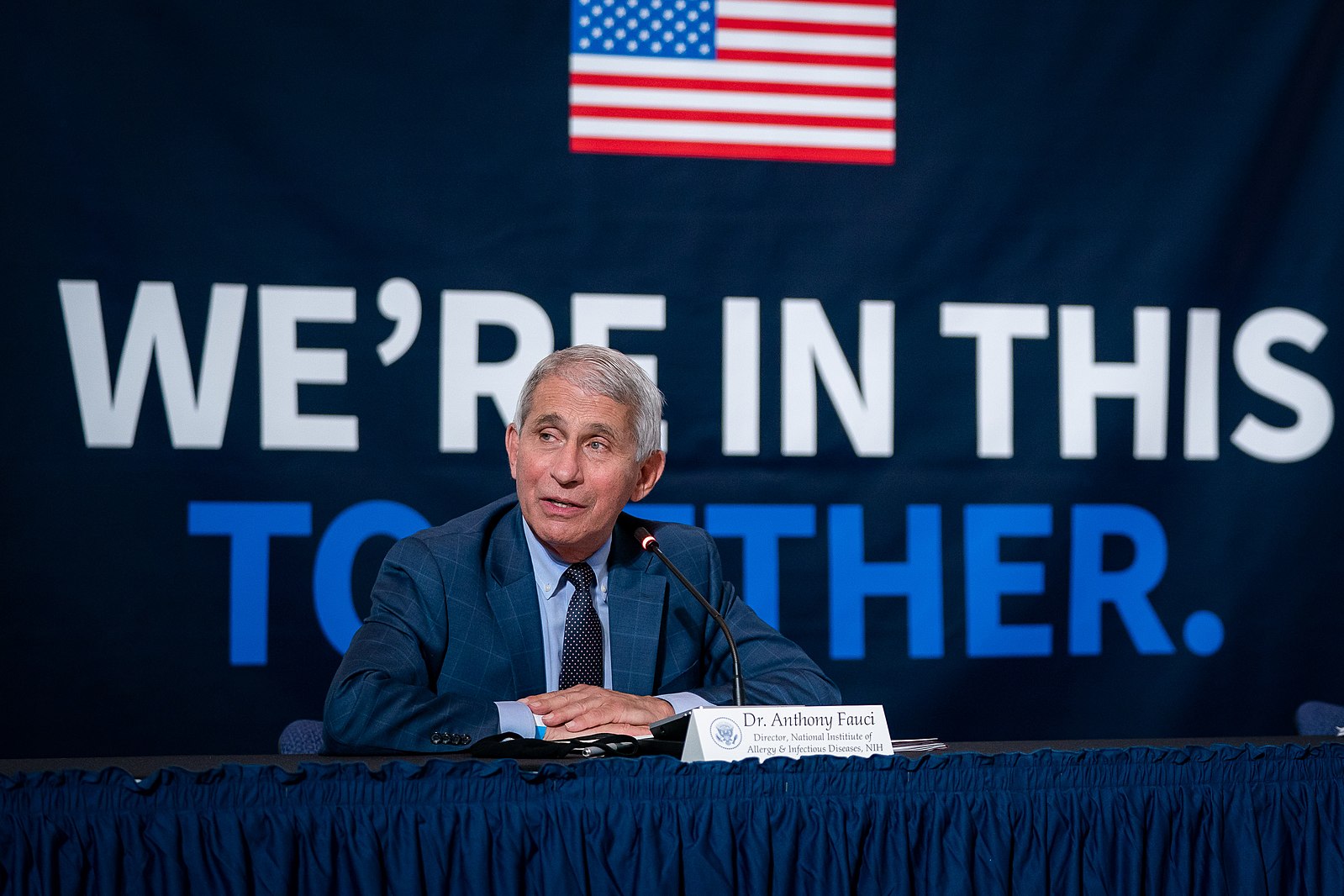
If things had gone as planned, right about now, you’d be reading my column about lifetime fitness and running. But we all know what happens to the best-laid plans.
That piece left the starting line early. I hope you enjoyed it. Still, that false start means your inbox may be feeling lonely.
You should take that as an opportunity to spend some time with family and friends. Do a little yardwork. Maybe go for a nice walk. Even take a nap.
If that doesn’t do the trick, though, I’m happy to share the contents of my inbox with you. However, be forewarned: It’s not the warmest and fuzziest of places.
Not everyone was a big fan of last week’s column. There, I wrote about the seeming tension between our country’s role as the chief innovator behind the Covid-19 vaccines and our relatively low national vaccination rate.
“After reading this article by Adam Cohen,” wrote one person, “I vowed to never send another dime to your hateful, divisive misinformed institution.” In particular, this reader was upset by my questioning the use of ivermectin, an anti-parasitic medication administered primarily to large animals, in place of vaccination to ward off the coronavirus.
Health experts have almost universally cautioned against the practice. “Using the drug ivermectin to treat Covid-19 can be serious and even lethal,” warns the Food and Drug Administration. “The FDA has not approved the drug for this purpose.”
Still, if the pandemic has taught us anything, it’s that everything has become political. Even – or, more accurately, especially – issues like public health.
“Shame on all of you for sending out such virtue-signaling claptrap,” the commenter continued. “It is not your place to pass judgment on those who choose” not to be vaccinated.
She is, of course, correct. It is not my or anyone’s role to make moral pronouncements about people’s health care decisions. But to suggest that there is any sort of legitimate scientific debate about the safety and efficacy of the vaccines or the use of ivermectin is simply wrong.
Another reader flagged me for quoting a particular magazine, writing that “anyone who uses The Atlantic as authority has no credibility to criticize Fox.” He tucked into the envelope a column from The Wall Street Journal disparaging Dr. Anthony Fauci and other health officials for spreading “needless fear” and impinging on civil liberties during the pandemic.

The last 18 months represent some of the most frightening times most of us have ever lived through. They’ve entailed sacrifice for all of us. And there’s no doubt that public health authorities have made missteps.
Call me naïve, but I still believe those authorities have acted with our best interests in mind. While they haven’t been perfect, their decisions have been predicated upon the best scientific evidence they’ve had available at the time. Yes, some of that evidence has later proven incomplete. That’s only to be expected when dealing with a novel virus.
Too often, we’ve allowed our frustration with a scary, unpredictable situation to twist into anger that we direct at others. We paint those who disagree with us as villains or fools. I’ve done it.
But my inbox also reminds me there are better angels among us. One wrote to call these columns “my Sunday treat, … a bright spot in a sometimes dark world.” Another said she hoped I’d win the Boston Marathon.
I don’t think I’ll be able to deliver on that lofty goal. But these kind words from strangers will buoy me come tomorrow and beyond.
I hope I can learn from them, too. In dark times, they shine a light. And it’s light, not darkness, that ultimately guides us to the ends of tunnels.
—
Adam Cohen is OMRF’s senior vice president & general counsel and interim president. He can be reached at contact@omrf.org. Get On Your Health delivered to your inbox each Sunday — sign up here.




